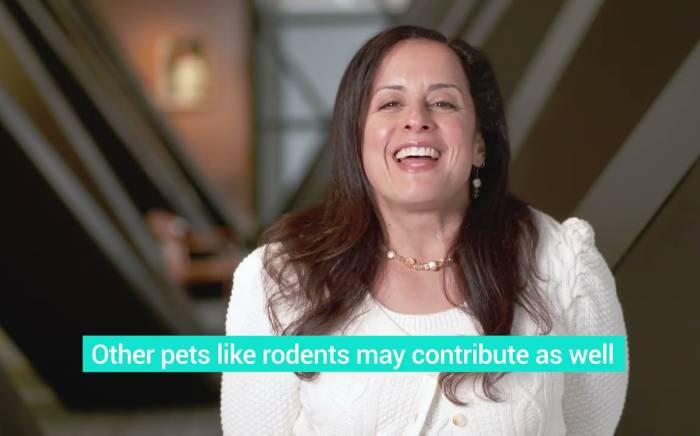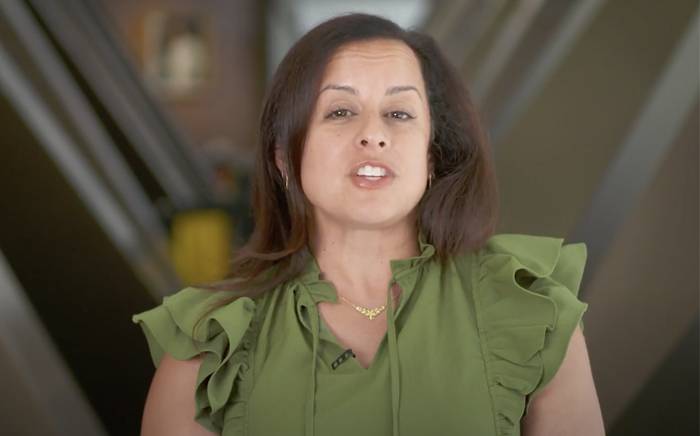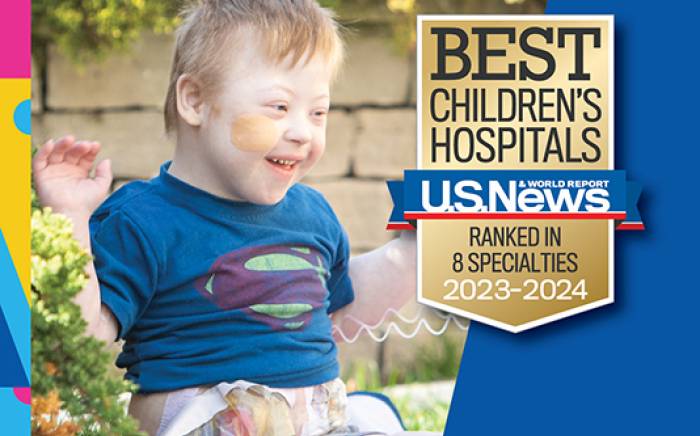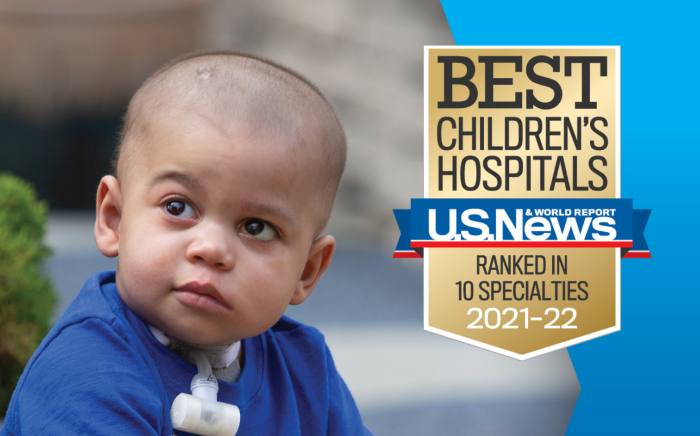Asthma is the leading cause for missed days from school and is one of the most common reasons children visit the emergency room. With ongoing care, most children with asthma can avoid serious attacks and have a great opportunity for a successful school year.
What is Asthma?
Common asthma symptoms include wheezing, coughing, shortness of breath, chest tightness, fatigue and sleep interrupted by coughing. Some, or all, of these symptoms occur when air cannot move through the airways in the normal way. For many different reasons, the airways:
- Get swollen or inflamed. This makes the opening smaller and hard for air to pass through.
- Muscle bands tighten around the tubes, and this traps air in the airways.
- Mucous is produced in increased amounts that clogs the tubes, making it harder for air to pass through.
What are Triggers?
Every family needs to recognize their child’s trigger or triggers. A trigger is something that will cause an asthma attack. Often asthma is related to allergies. Many children are triggered by weather changes. Some kids have asthma flare-ups when they are catching a cold or other virus. Being around cigarette smoke is a very common irritant that triggers many asthma attacks. Asthma flares up for some children when they exercise, participate in sports or even play too hard at recess.
What are Early Signs?
Besides avoiding your child’s triggers, knowing about early signs can help you keep your child’s asthma under control. Most children with asthma show a subtle sign or symptom before his or her asthma flares up. Being aware of your child’s early signs, and starting treatment early will prevent an asthma flare up in many cases. Frequently, kids will recognize something is different and say they are “feeling funny”. You may recognize glassy eyes, sneezing, wheezing, coughing or runny nose as an early sign. Some children will be less active, have a poor appetite, complain of headache or scratchy throat, seem nervous or complain of a stomachache.
You, as a parent, should play detective and pay special attention to what was going on before an asthma attack. Learn to recognize your child’s triggers and early signs and start treatment right away.
Asthma Action Plan
A piece of paper, called an Asthma Action Plan, that is written especially for your child will help you know what to do for an asthma attack, which medications to use and when to seek additional help. If you don’t have one, ask your pediatrician to provide one for you. The Asthma Action Plan will help a child manage his or her asthma by giving reminders of what to do or take on a daily basis to prevent asthma and keep him or her from the emergency room.








